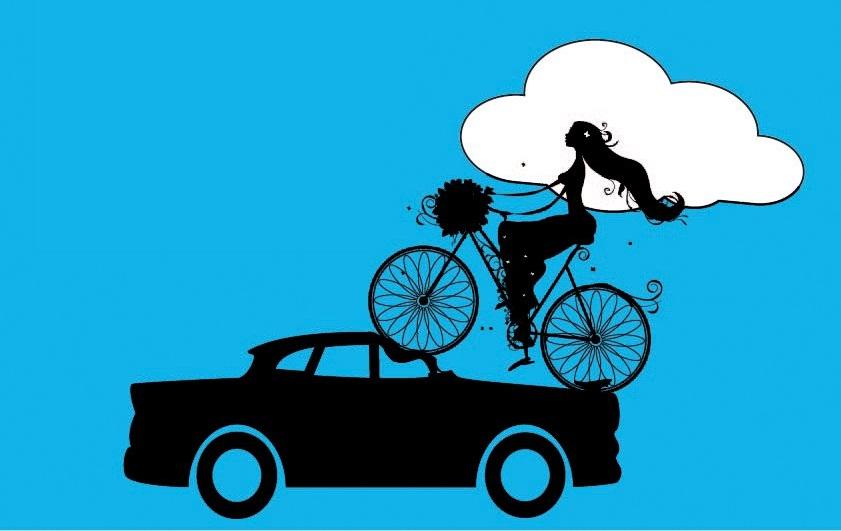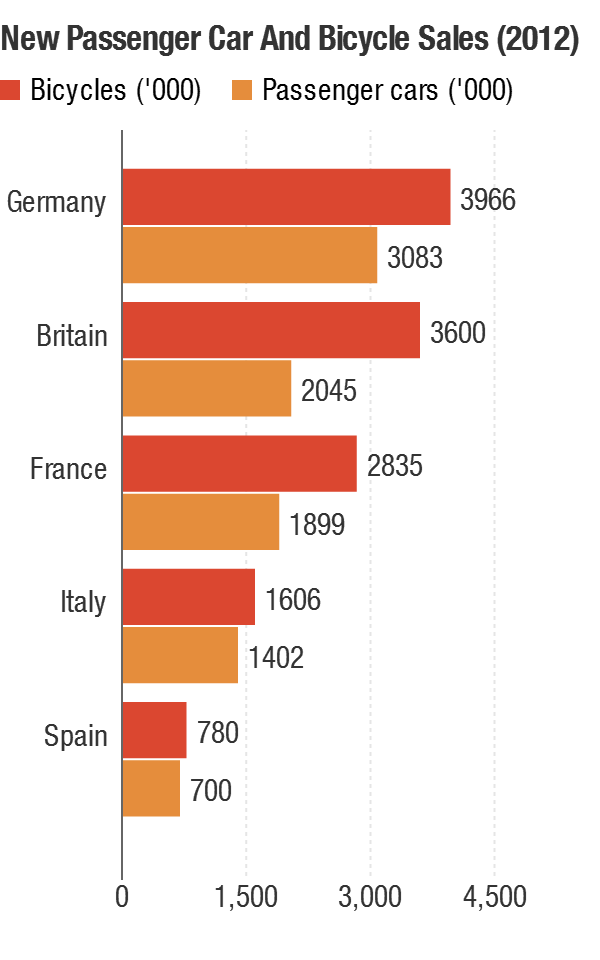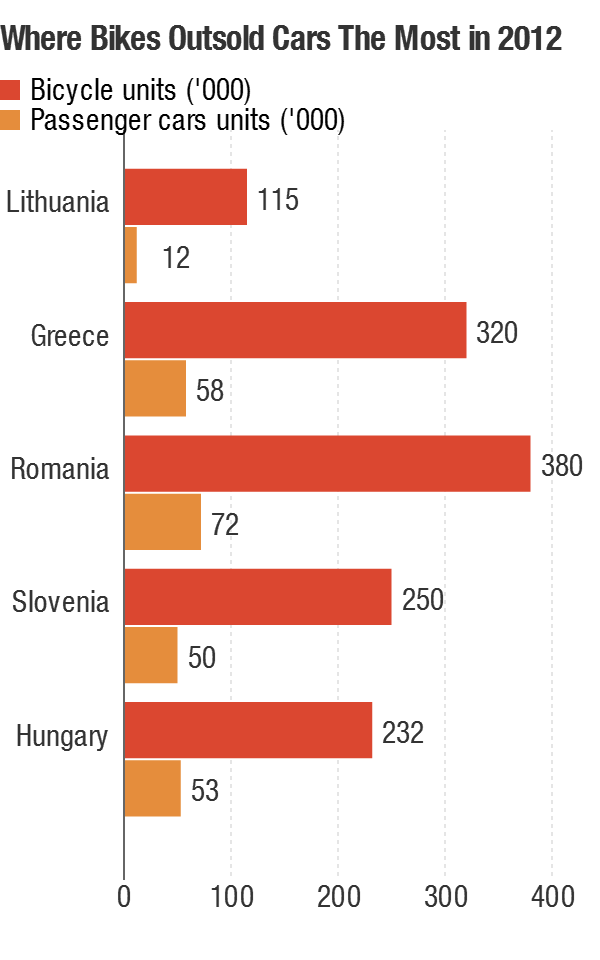- News
- Reviews
- Bikes
- Accessories
- Accessories - misc
- Computer mounts
- Bags
- Bar ends
- Bike bags & cases
- Bottle cages
- Bottles
- Cameras
- Car racks
- Child seats
- Computers
- Glasses
- GPS units
- Helmets
- Lights - front
- Lights - rear
- Lights - sets
- Locks
- Mirrors
- Mudguards
- Racks
- Pumps & CO2 inflators
- Puncture kits
- Reflectives
- Smart watches
- Stands and racks
- Trailers
- Clothing
- Components
- Bar tape & grips
- Bottom brackets
- Brake & gear cables
- Brake & STI levers
- Brake pads & spares
- Brakes
- Cassettes & freewheels
- Chains
- Chainsets & chainrings
- Derailleurs - front
- Derailleurs - rear
- Forks
- Gear levers & shifters
- Groupsets
- Handlebars & extensions
- Headsets
- Hubs
- Inner tubes
- Pedals
- Quick releases & skewers
- Saddles
- Seatposts
- Stems
- Wheels
- Tyres
- Health, fitness and nutrition
- Tools and workshop
- Miscellaneous
- Cross country mountain bikes
- Tubeless valves
- Buyers Guides
- Features
- Forum
- Recommends
- Podcast
news
 Bikes outsell cars (image CC licensed by Danish Cyclists' Federation)
Bikes outsell cars (image CC licensed by Danish Cyclists' Federation)Bikes outsell cars across Europe
Bikes outsold cars in most European countries last year, with even car-mad Italy seeing pedal power overtake engines for the first time since the second world war.
Figures compiled by National Public Radio in the US show the UK in second place behind Germany in the volume of bikes sold last year, although the difference between car and bike sales is smaller in Germany.
Only Belgium and Luxembourg bucked the trend, with more cars sold than bikes.
Germans bought 3,966,000 bikes last year, but only 3,083,000 cars. The numbers for the UK were 3,600,000 bikes versus 2,045,000 cars. With about the same population as the UK, Italians bought 1,606,000 bikes and just 1,402,000 cars.

Bikes usually outsell cars in Germany, the UK and France, but last year pedals beat engines for the first time since WWII in Italy and Spain. (Image ©NPR)
While this looks like good news for bikes and the bike industry, those 2012 figures are all slightly down on 2011 bike sales (Germany: 4,010,000, UK: 3,640,000, Italy: 1,771,000). Italian car sales have been hit very hard by the state of the Italian economy, as have bike sales.
In fact car sales hit a 20-year low earlier this year, though there were signs of an upturn late in the summer.
NPR picked out the five nations with the largest relative gap between car and bike sales as Lithuania, Romania, Slovenia, Hungary and Greece.

(Image ©NPR)
The Wiggins effect or the economy?
While some commentators have turned to the ‘Wiggins effect’ to explain the relative strength of the UK bike business compared to the car trade, an AA spokesman who spoke to the Telegraph put it down to economics.
He said that travelling by bike, “makes sense especially for people travelling short distances to the shops, pick up a paper or go with their children to school because of the high cost of fuel.
“Last year unleaded reached 142.48 pence a litre in the spring, which was a 10 pence spike over the average.
“It coincided the impact of the Olympics on people, which reflected the impact of Bradley and Victorian Pendleton.
”The trend was reflected in the Government’s National Travel Survey which showed people were trying to cut the cost of short journeys.
“Also the soaring cost of parking saw many commuters buy bikes, which are far cheaper to leave at the station than a car.”
John has been writing about bikes and cycling for over 30 years since discovering that people were mug enough to pay him for it rather than expecting him to do an honest day's work.
He was heavily involved in the mountain bike boom of the late 1980s as a racer, team manager and race promoter, and that led to writing for Mountain Biking UK magazine shortly after its inception. He got the gig by phoning up the editor and telling him the magazine was rubbish and he could do better. Rather than telling him to get lost, MBUK editor Tym Manley called John’s bluff and the rest is history.
Since then he has worked on MTB Pro magazine and was editor of Maximum Mountain Bike and Australian Mountain Bike magazines, before switching to the web in 2000 to work for CyclingNews.com. Along with road.cc founder Tony Farrelly, John was on the launch team for BikeRadar.com and subsequently became editor in chief of Future Publishing’s group of cycling magazines and websites, including Cycling Plus, MBUK, What Mountain Bike and Procycling.
John has also written for Cyclist magazine, edited the BikeMagic website and was founding editor of TotalWomensCycling.com before handing over to someone far more representative of the site's main audience.
He joined road.cc in 2013. He lives in Cambridge where the lack of hills is more than made up for by the headwinds.
Latest Comments
- chrisonabike 33 min 57 sec ago
Nothing to do with cycling, and currently unclear as to what exactly happened. But a child is dead, a tram line isn't running services and ...
- Destroyer666 1 hour 35 min ago
Sidelining the point here a little bit, but I was just looking at a Rapha video about Lachlan Morton's latest incredible venture of riding 648km in...
- rogerwb 2 hours 47 min ago
It's not that simple: https://bsky.app/profile/christopher664023.bsky.social/post/3lahwh7u6rk2t
- wtjs 3 hours 25 min ago
Or, you can just look at them - it's pretty obvious when they're not going to work with a new chain. Then you can try them with old lengthened...
- NeilC575 3 hours 28 min ago
I bought 5 screw in storage hooks from local d.i.y store for £10. Does the same job 🤷♂️
- Bungle_52 7 hours 12 min ago
Well it looks like they've got a page now. It says they'll accept video evidence but I haven't been through the whole process. Looks very similar...
- eburtthebike 7 hours 21 min ago
Sorry, but the BBC is definitely tilting towards cycling after the Panorama debacle....
- mdavidford 7 hours 27 min ago
Unlikely. Not once he hears that it'll 'help Gore'.
- bikeman01 7 hours 40 min ago
Indeed I did. I can only assume the Mr Onion allowed himself to be interviewed and dropped himself in it by not accepting the caution. A caution...
- Hirsute 7 hours 50 min ago
Remember your hiplock D1000 is only as good as the street furniture it is attached to.
Add new comment
7 comments
Well I bought a new bike earlier this year.
I'm confused as to where the UK bike numbers come from, as the UK bik trade itself doesn't know how many bikes it's selling. The data simply isn't available. I assume the numbers are actually imports, which is very different to bikes sold and of course bikes ridden.
I thought this was good news until I read "Bikes usually outsell cars in Germany, the UK and France."
Unfortunately, bike sales numbers does not equal more people using bikes instead of cars. This article might as well say: recession = less new cars sold. Bicycles still selling, although slightly down. Recession too probably.
Seems a bit like comparing apples to oranges to me. Presenting data like this makes it look like people think 'shall I get a car or a bike?' and then make a definitive choice to be either a driver or a cyclist and we all know it's not that simple.
What would be a better statistic would be to be able to differentiate between Adult bikes and Child bikes. I wonder what proportion of these bikes are for kids that have grown out of their old one.
I'm not sure the 'reason' matters as long as
a) the trend continues
b) people actually *ride* the damn things
This is a great sign for the future. As for the reason I would imagine you have to give some credit to the "wiggins effect" but hopefully that just catches a person's interest and then they can realize the economic value of riding a bicycle